Knock, knock. Hey, how have you been feeling lately? Have you made time for yourself recently?
The reason I am asking is that most days we experience complexity, urgency, and an overload of tasks we want to accomplish and goals we want to reach. The guiding mantra behind this way of working and living is: “We need to perform at a constant rate and always give our best, regardless of anything else”.
In a bustling Berlin café, I overheard a young entrepreneur say, "I've been working non-stop for weeks, trying to get my startup off the ground. I'll rest when I'm successful." Meanwhile, in a vibrant Bogotá coworking space, a graphic designer lamented, "I've not taken a day off in two years; that's the hustle life.." Everywhere, from the crowded corridors of the metro during rush hour to the energetic hum of coworking spaces, the narrative is consistent: to be successful, one must push relentlessly, often without a breather between milestones. This mindset has escalated to concerning levels, where many of us don't even pause to reflect on whether our tireless efforts genuinely resonate with our inner desires or if we're just caught up in the performance. We're in a constant state of doing, often sidelining moments of rest or leisure. But hold your horses! Parallel to success, and deep inside us, we want to live a meaningful life above all else. We still have an inner voice that is taking care of our well-being, and that is discreetly reminding us not to ignore those few moments when we actually hear it and need to take a break.
The reason I am asking is that most days we experience complexity, urgency, and an overload of tasks we want to accomplish and goals we want to reach. The guiding mantra behind this way of working and living is: “We need to perform at a constant rate and always give our best, regardless of anything else”.
In a bustling Berlin café, I overheard a young entrepreneur say, "I've been working non-stop for weeks, trying to get my startup off the ground. I'll rest when I'm successful." Meanwhile, in a vibrant Bogotá coworking space, a graphic designer lamented, "I've not taken a day off in two years; that's the hustle life.." Everywhere, from the crowded corridors of the metro during rush hour to the energetic hum of coworking spaces, the narrative is consistent: to be successful, one must push relentlessly, often without a breather between milestones. This mindset has escalated to concerning levels, where many of us don't even pause to reflect on whether our tireless efforts genuinely resonate with our inner desires or if we're just caught up in the performance. We're in a constant state of doing, often sidelining moments of rest or leisure. But hold your horses! Parallel to success, and deep inside us, we want to live a meaningful life above all else. We still have an inner voice that is taking care of our well-being, and that is discreetly reminding us not to ignore those few moments when we actually hear it and need to take a break.

By taking breaks, we evaluate what we are creating in terms of what the purpose is behind it. Are we learning something from it? Are we going somewhere? Are we truly enjoying the time, energy, and effort we put into the work we are carrying out? In the end, everything is summed up in the question: Am I able to keep up with the complexity and demands of life without taking real care of myself?
Honestly, this is not an easy intervention because it is always linked to a change of attitude and perspective in life rather than anything else. Yet, it is essential that we pay close attention to the signs that are pointing us in the direction of taking the reins and taking control of the situation sometimes.
Below, I want to share 6 key points that you can begin to integrate into your life. They are small, applicable strategies that will help you bring more wholesomeness into your lifestyle.
Honestly, this is not an easy intervention because it is always linked to a change of attitude and perspective in life rather than anything else. Yet, it is essential that we pay close attention to the signs that are pointing us in the direction of taking the reins and taking control of the situation sometimes.
Below, I want to share 6 key points that you can begin to integrate into your life. They are small, applicable strategies that will help you bring more wholesomeness into your lifestyle.
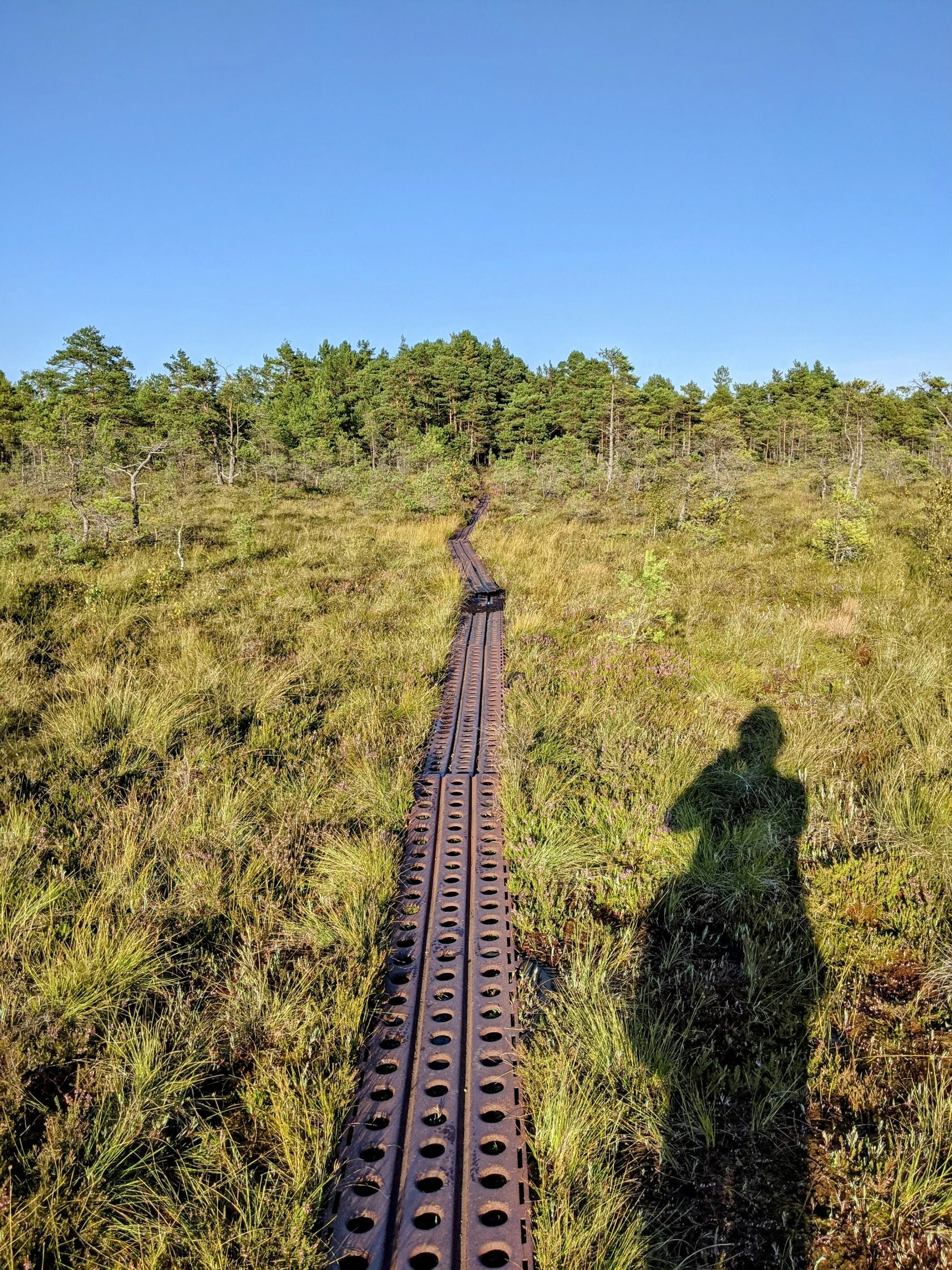
A fulfilling lifestyle
This is what embraces why and how we do everything in life. We act upon our curiosity being awoken by something, and then we include it in our lives because it has become meaningful to us. We make the time to learn something step-by-step in order to come to understand and master it. We leave everything else aside. We simplify. And that is the key to cultivating a fulfilling lifestyle. Simplification leads to clarity, which brings us to a point of clearing out the aspects of our lives that we honestly do not need in order to become who we want to be. We create structures that allow us to see the relevance of our interests and rituals that support what, how, when, and where we want to develop them. By doing this, we can experience greater vitality in our actions by streamlining our processes.
Try this: Every day for the next week remove one thing from your morning or night routine. It can be preparing your breakfast the night before, rather than doing it in the morning; showering for less time to be able to eat breakfast (you’ll be doing something for the environment, too); leaving your clothes, or your bag/purse ready the night before; turning off your phone 1 hour prior to going to bed; eating dinner on a smaller plate; or going to sleep earlier. Notice how lighter and more attuned you feel at the end of the week, and decide what you want to re-incorporate into your routine and what you can live without after all.
Try this: Every day for the next week remove one thing from your morning or night routine. It can be preparing your breakfast the night before, rather than doing it in the morning; showering for less time to be able to eat breakfast (you’ll be doing something for the environment, too); leaving your clothes, or your bag/purse ready the night before; turning off your phone 1 hour prior to going to bed; eating dinner on a smaller plate; or going to sleep earlier. Notice how lighter and more attuned you feel at the end of the week, and decide what you want to re-incorporate into your routine and what you can live without after all.
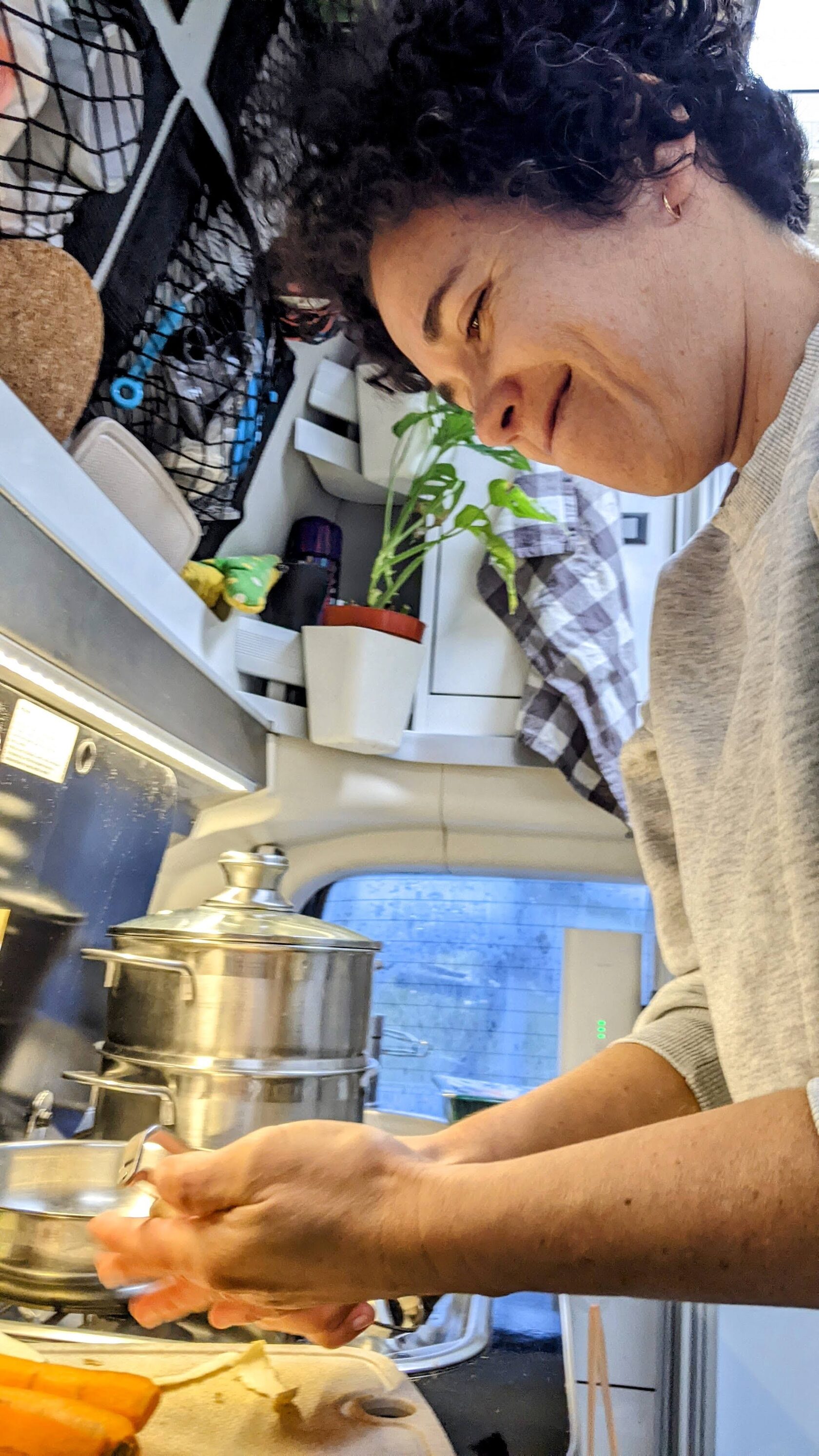
Daily well-being
How we feel and how well-rested we are every day influences our performance in daily life enormously. It is essential to embed simple and restorative practices into our days to support this optimal wellness. Determine what matters most to you (it can be more than one): writing, meditation, yoga, taking a bath, reading a book, going for a walk, breathing techniques, singing, etc.
Try this: Choose one or two practices that you want to implement in the next week and make them non-negotiable. Make the effort to include one you can measure short-term but that will give you long-term benefits, like breathing techniques, meditation, yoga, or sleeping the number of hours necessary for your body. Adults need between 7 - 9. Children 10 - 12.
Try this: Choose one or two practices that you want to implement in the next week and make them non-negotiable. Make the effort to include one you can measure short-term but that will give you long-term benefits, like breathing techniques, meditation, yoga, or sleeping the number of hours necessary for your body. Adults need between 7 - 9. Children 10 - 12.
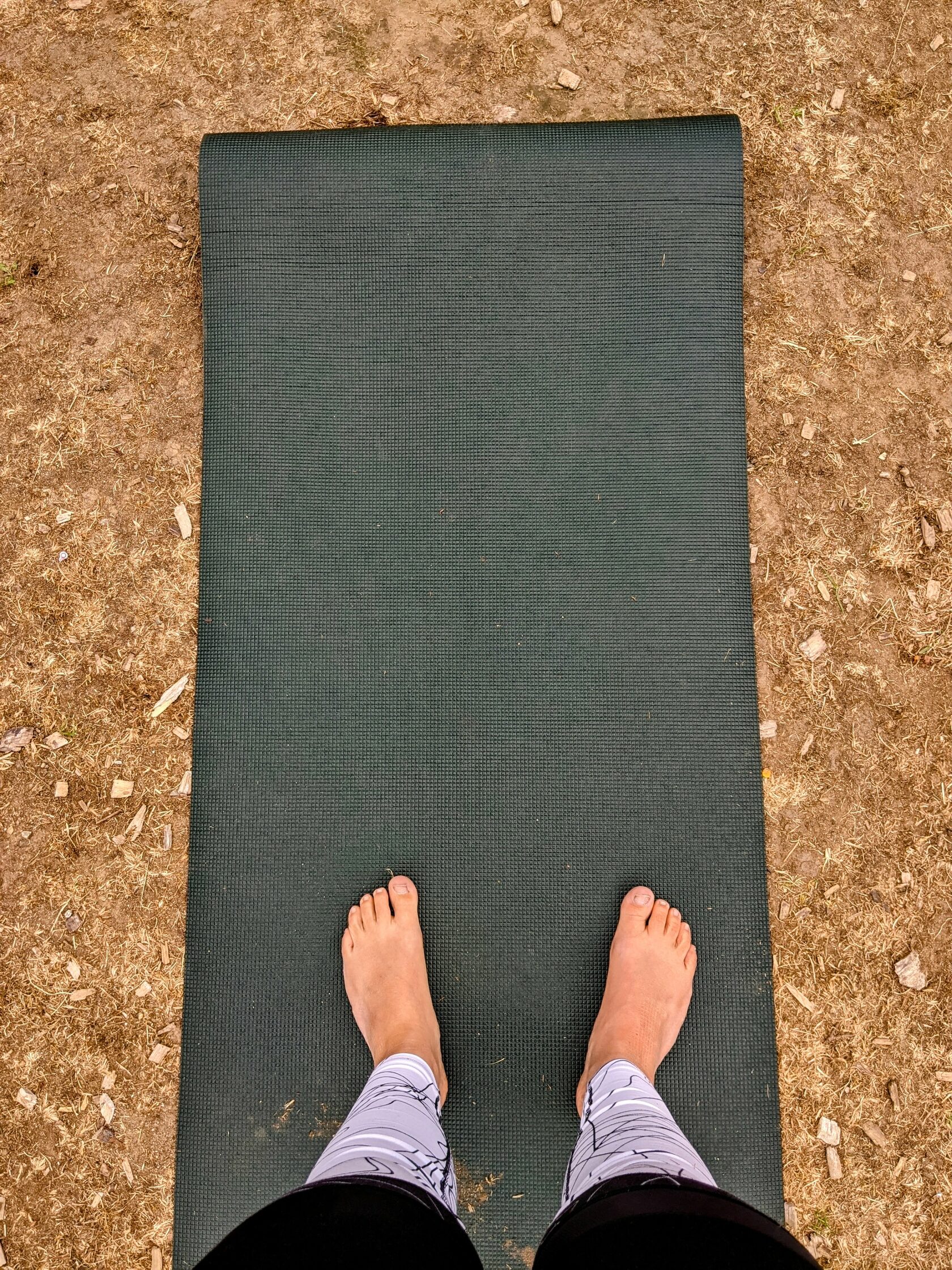
Simplicity
Having rituals that support the streamlining of tasks, goals, work procedures, and conversations can help us leave the tension, anxiety, and unnecessary stress that come along with them. By taking the time to create simple structures that can guide us through outlining possible ways of developing ourselves, we will have useful tools at hand that can support us in concentrating on the details and outcomes, some unexpected, of what we’re working towards. We want to focus on the essence of the situation, not on the decoration.
Try this: Make use of apps, to-do lists, and detailed planning to organize what you want to achieve on a daily or weekly basis.
Try this: During a conversation, try listening to the words you are using when talking about a specific topic or responding to specific questions, and use simple, objective, and precise words. In the process, pay attention to how you are feeling and reacting to those words. Maybe the words aren’t the problem, but the way you are using the tone of your voice or the time you are choosing to talk about something. Ultimately, it’s all about what kind of communication we want to achieve in our conversations.
Try this: Make use of apps, to-do lists, and detailed planning to organize what you want to achieve on a daily or weekly basis.
Try this: During a conversation, try listening to the words you are using when talking about a specific topic or responding to specific questions, and use simple, objective, and precise words. In the process, pay attention to how you are feeling and reacting to those words. Maybe the words aren’t the problem, but the way you are using the tone of your voice or the time you are choosing to talk about something. Ultimately, it’s all about what kind of communication we want to achieve in our conversations.
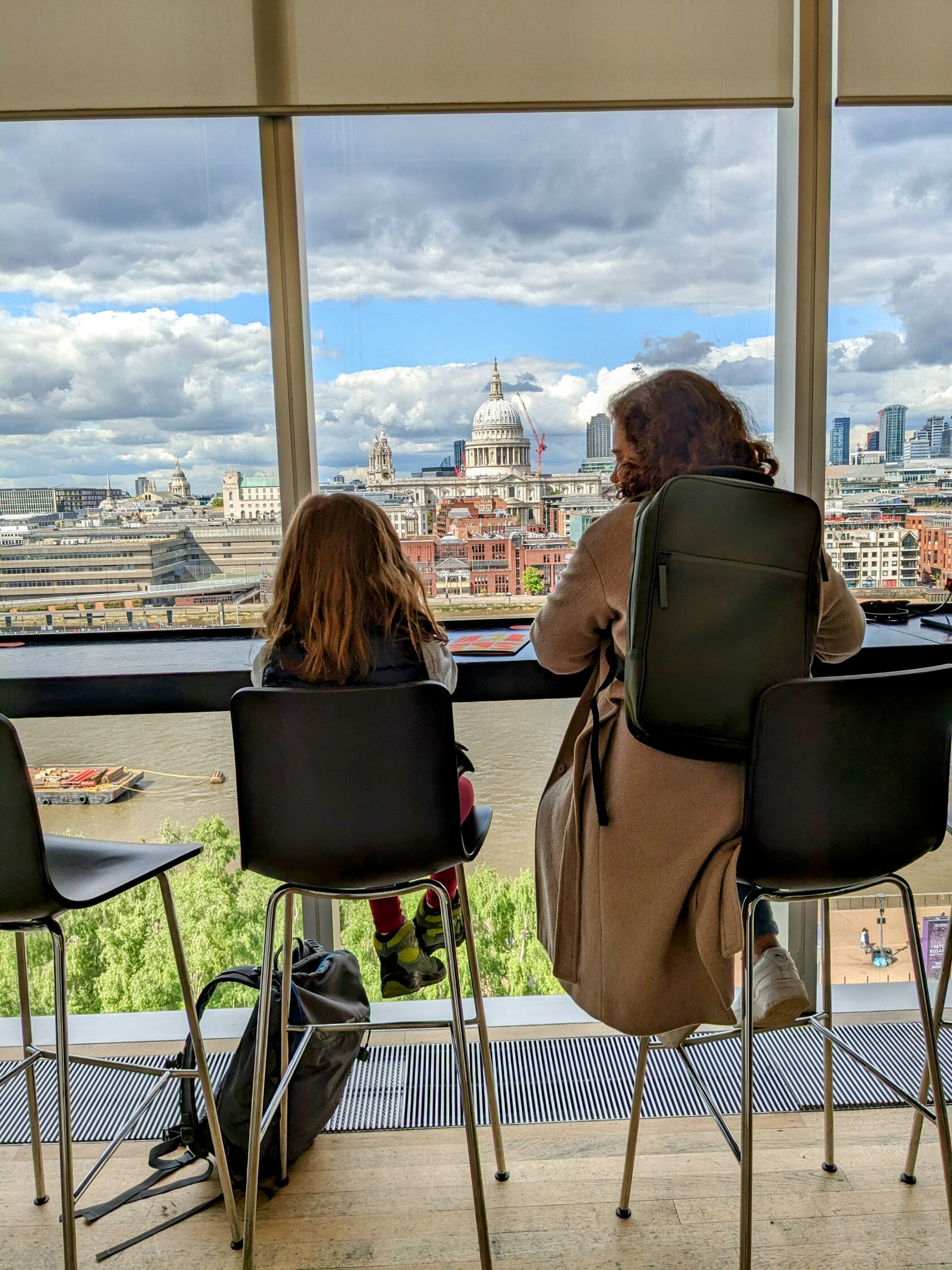
Comfort
We all have tools or activities that we favor when we want to change our mood and replenish our energy levels, so implement them and have them at hand whenever you need to make use of them. They might include having a weekly ladies' night, going to stand-up comedy, cooking your favorite meal, trying out something new, or simply having a restful night at home. Knowing what brings you comfort after a long, sometimes stressful day, is the best way to restore yourself so you’re ready for the next day.
Try this: Pick two or three of your restorative tools and use them in the next two weeks. You can also support yourself by applying some extra external measures like taking valerian; drinking chamomile tea; applying lavender, bergamot, or sage essential oils on your mattress; or having a long soak in the tub with bath salts.
Try this: Pick two or three of your restorative tools and use them in the next two weeks. You can also support yourself by applying some extra external measures like taking valerian; drinking chamomile tea; applying lavender, bergamot, or sage essential oils on your mattress; or having a long soak in the tub with bath salts.
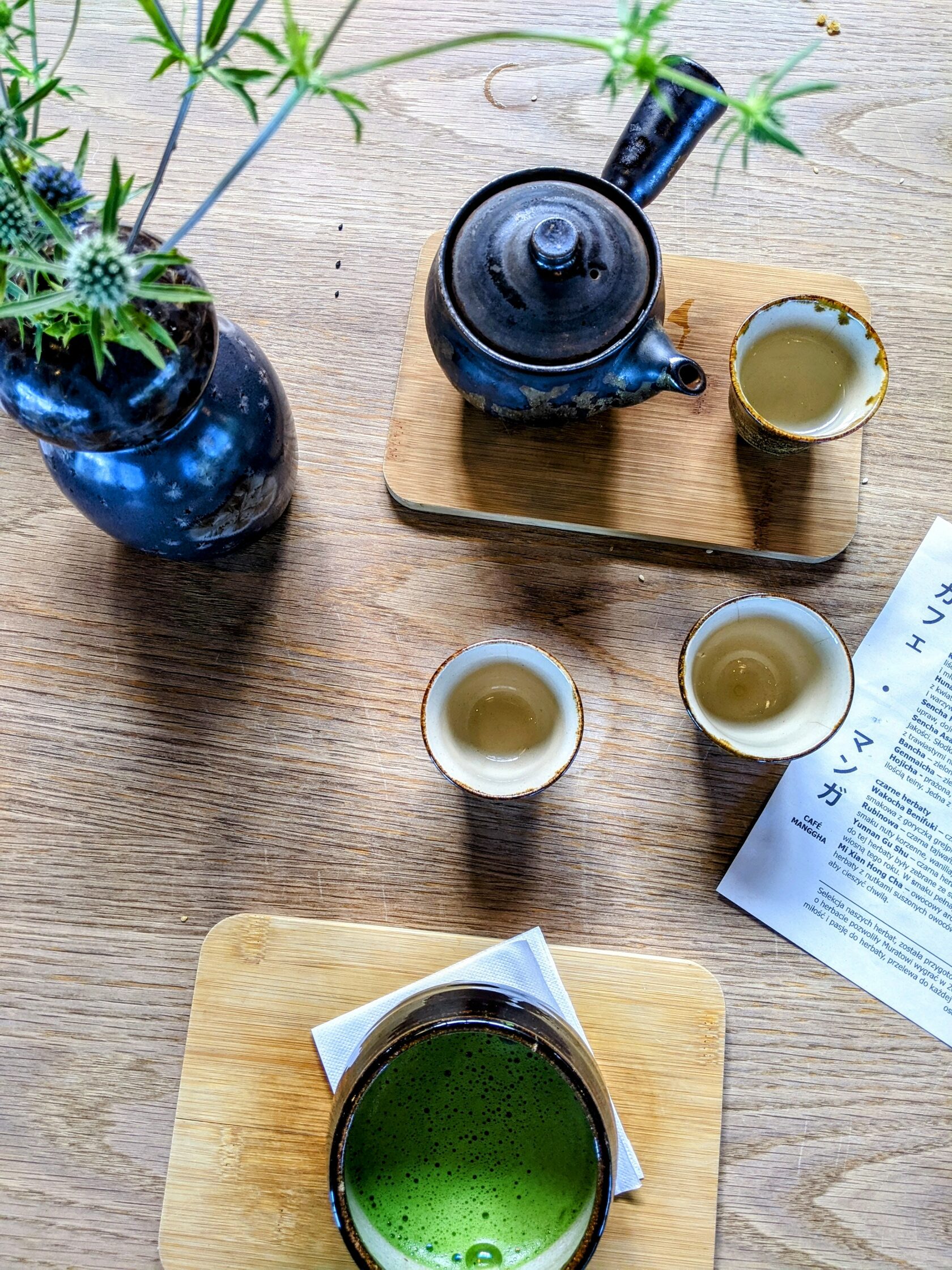
Self-Awareness
As soon as we wake up, our mind is connected to our thoughts, plans, emotions, to-dos, appointments, problems, conversations, etc. We realize everything that we have inside us at that moment. Being aware of who we are can be the best way to tune in to ourselves and be able to deal with the daily demands we encounter in life. Demands always come with a list of challenges and obstacles and it can be very helpful to trust our intuition with regard to how we want to proceed. Furthermore, in order to deal with these challenges in an essential and fulfilling way, we need to be driven by what we are pursuing, claiming who we are and what we want every step of the way.
Try this: Highly value all your personal qualities and bring them out in moments of doubt and uncertainty. Living the moment mindfully is about giving the best of yourself and being true to your own feelings and thoughts in each experience; it is about learning from each moment in order to keep creating yourself according to your abilities and personal motivations. Be your own guide and reach out to someone else when you feel overwhelmed or you are beginning to override yourself in ways that are only destroying yourself and resulting in giving yourself destructive advice. In life, you are the only one establishing your own limits - no one else.
Try this: Highly value all your personal qualities and bring them out in moments of doubt and uncertainty. Living the moment mindfully is about giving the best of yourself and being true to your own feelings and thoughts in each experience; it is about learning from each moment in order to keep creating yourself according to your abilities and personal motivations. Be your own guide and reach out to someone else when you feel overwhelmed or you are beginning to override yourself in ways that are only destroying yourself and resulting in giving yourself destructive advice. In life, you are the only one establishing your own limits - no one else.

Mindfulness
To recover from each experience we need to remove distractions and focus on being present and disconnecting from the past. What has already happened stays behind us, not in an inactive way, but in a supportive way. To learn from past experiences we need to practice gratitude in order to understand the essence of these experiences and be able to take the constructive and applicable components from them and use them in the present.
Try this: Bring the art of controlled breathing into your life so that you can reach a level of true relaxation and disconnection. Being able to grant yourself the power of acceptance, rejoicing, and truly coming to understand yourself is the best way to develop a real and constructive connection with who you are.
Try this: Bring the art of controlled breathing into your life so that you can reach a level of true relaxation and disconnection. Being able to grant yourself the power of acceptance, rejoicing, and truly coming to understand yourself is the best way to develop a real and constructive connection with who you are.
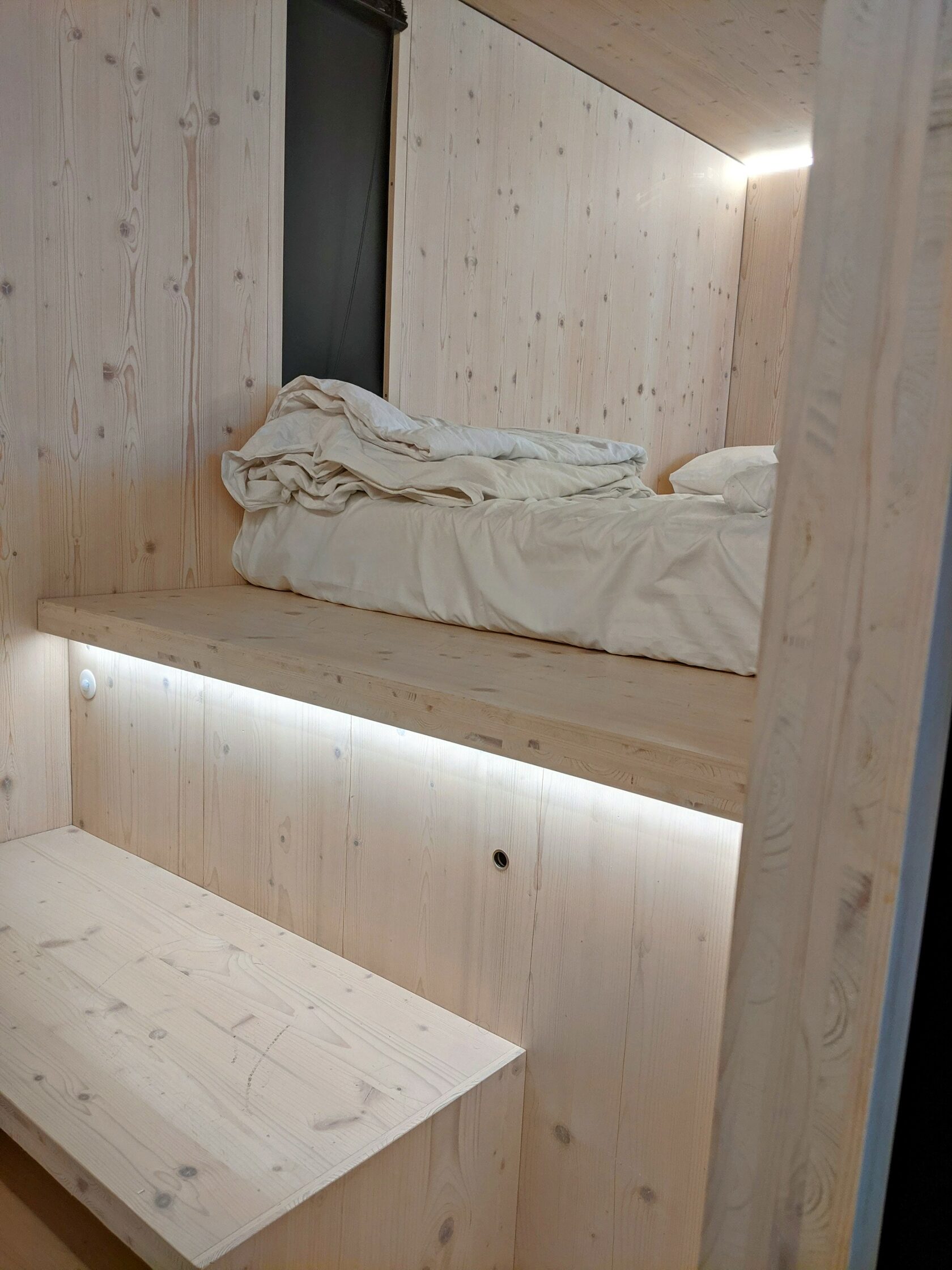
In the bustling streets of Berlin, I remember watching a young artist take a moment amidst her hectic schedule to sit by the Spree River, jotting down her thoughts and soaking in the serenity of the water. This simple act of mindfulness amidst the urban chaos was a testament to the power of self-awareness. On the other side of the world, in Bogotá, a grandfather would make it a daily ritual to play in the local park with his grandson, a moment of connection and gratitude amidst the city's hustle. These instances remind us that it's not enough to merely operate and survive; we must strive for an enriched life filled with simplicity, support, self-awareness, and mindfulness. The beauty lies in the fact that we have the capacity to catalyze this transformation within us.
For instance, imagine if we started incorporating mindful practices into our daily routines, such as beginning our day with a few moments of silence, writing, singing, dancing, gratitude, or consciously tuning into our breath during stressful moments. We would likely see an increase in our emotional resilience, a drop in anxiety levels, and a heightened sense of serenity and contentment. Similarly, making time for activities that bring us comfort and joy, such as reading a book, going for a walk, making a puzzle, watching a movie, playing a game, or simply spending time with loved ones or pets, can significantly uplift our mood and improve our overall well-being. Ultimately, it's about cultivating habits that nurture our well-being, foster our growth, and bring us a sense of fulfillment. By practicing these small yet consistent changes, we can effect a profound transformation in our daily lives, a transformation that guides us toward a truly meaningful and satisfying lifestyle.
For instance, imagine if we started incorporating mindful practices into our daily routines, such as beginning our day with a few moments of silence, writing, singing, dancing, gratitude, or consciously tuning into our breath during stressful moments. We would likely see an increase in our emotional resilience, a drop in anxiety levels, and a heightened sense of serenity and contentment. Similarly, making time for activities that bring us comfort and joy, such as reading a book, going for a walk, making a puzzle, watching a movie, playing a game, or simply spending time with loved ones or pets, can significantly uplift our mood and improve our overall well-being. Ultimately, it's about cultivating habits that nurture our well-being, foster our growth, and bring us a sense of fulfillment. By practicing these small yet consistent changes, we can effect a profound transformation in our daily lives, a transformation that guides us toward a truly meaningful and satisfying lifestyle.
It's time for us to step into this journey of self-discovery, embrace the practices that resonate with us, and craft a life that reflects who we are and what we value.
